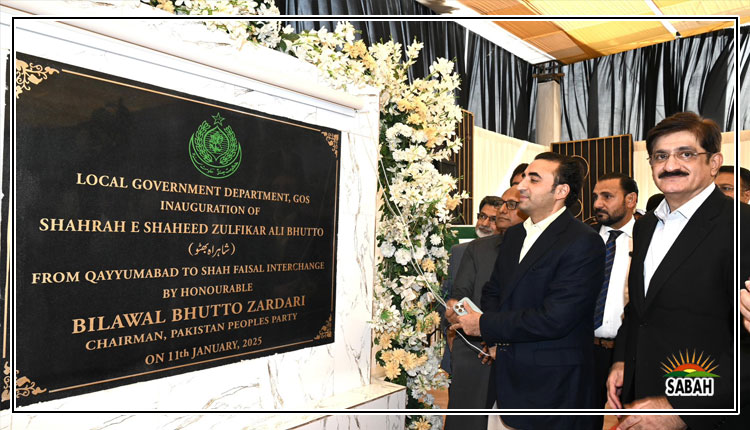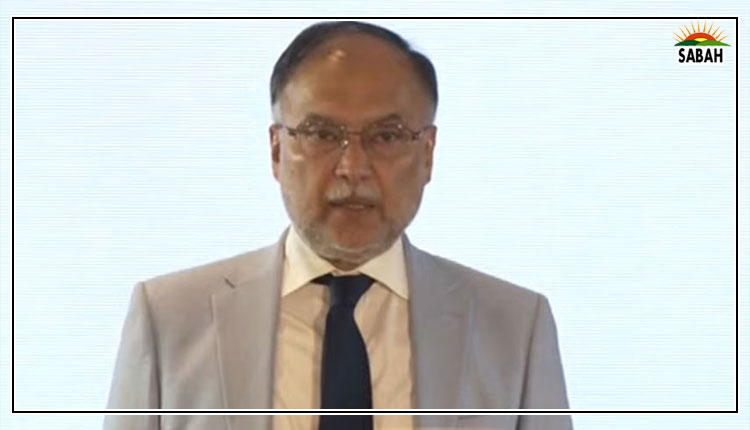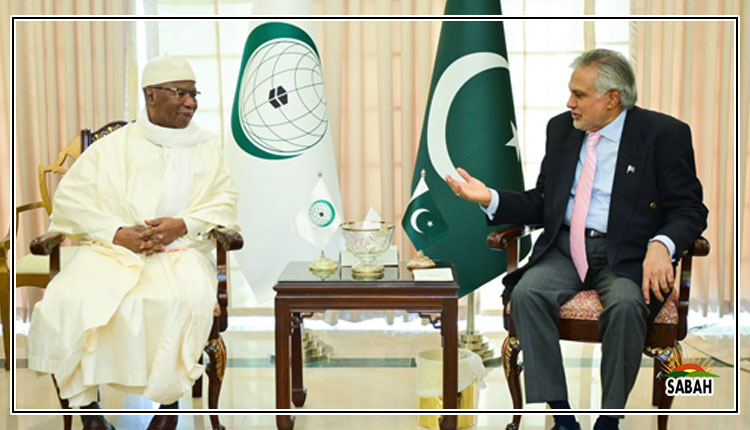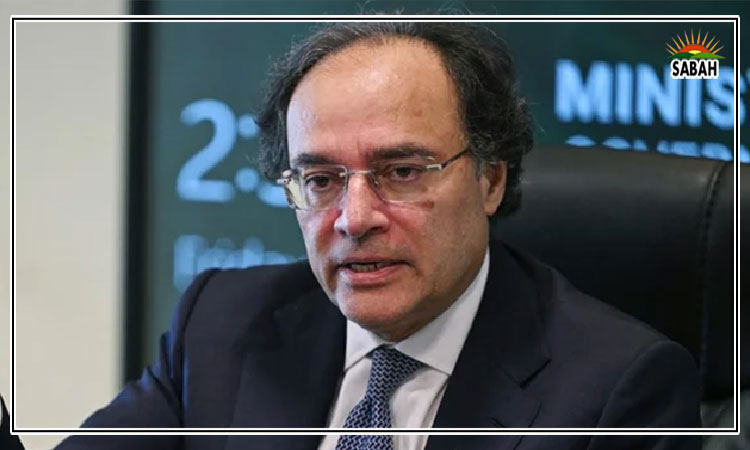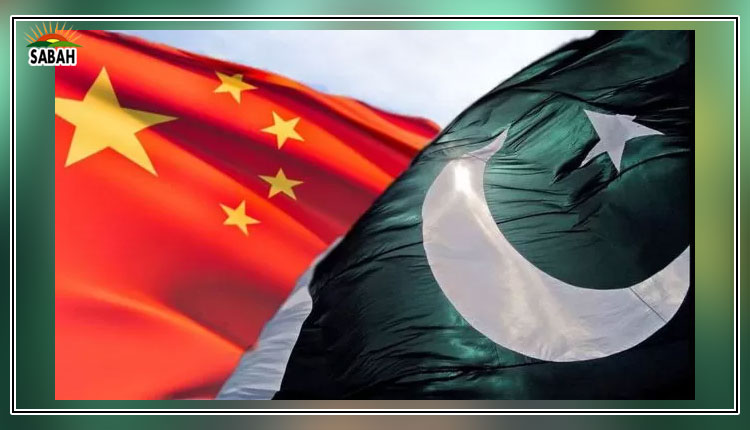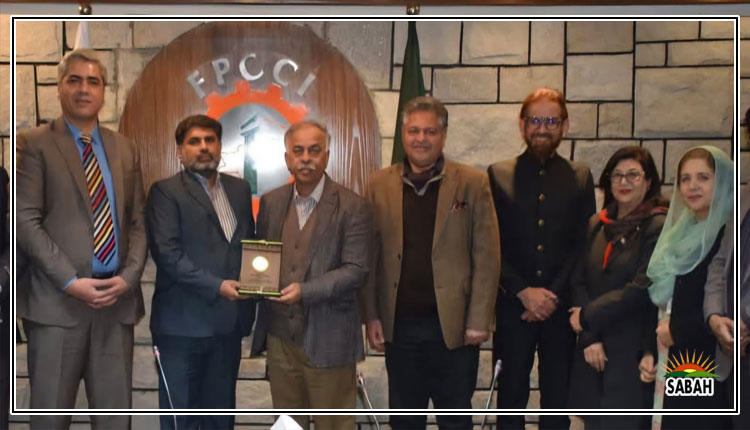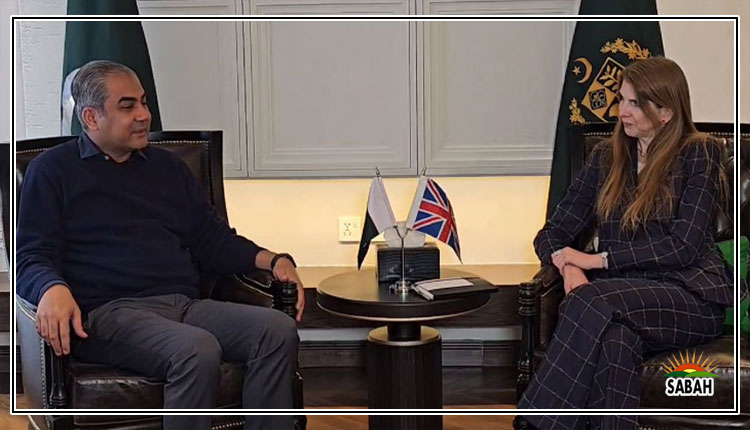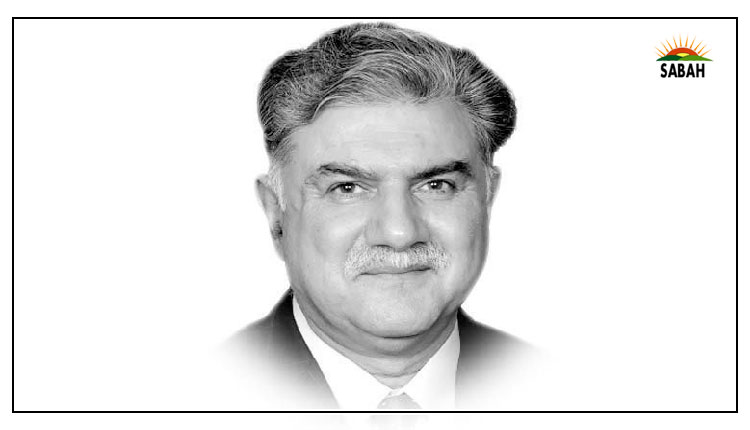International relations, analytical pitfalls and Year 2023…. Inam Ul Haque
If it is claimed that modern International Relations (IR) have become Current Affairs. This claim would not be too off the mark. On December 30, 2021, I published Theory, practice of international relations and trends in 2021, highlighting different IR approaches and theories. The piece recounted various milestones shaping IR, spanning human-engineered events as well as other catalysts like climate change, global warming, calamities and pandemics. It was surmised that we are at the cusp of a new context in IR.
From a combination of foreign policy and diplomacy in its narrow interpretation, to interaction between/among nation states, to the broader manifestation of IR i.e. the totality of interactions between, below or above nation states including communities, peoples and organisations etcsadly IR today is just current affairs, with too shallow an analytical base.
To recap its conceptual construct, IR was historical description of events up to the end of WW-I. After the War, it remained focused on current affairs, that is just a part of the broader IR. Sequel to the WW-II, IR analysis spanned scientific understanding of conflict. Its modernist view is multi-disciplinary and multi-dimensional, dealing with plethora of actors like states, societies, institutions and people. Theoretically, IR deals with diverse issues impacting upon national interests, power politics, international institutions, global politics, trade and commerce, international and corporate law and multi-national organisations, etc. However, in practice, particularly in Pakistans case, it is just a narration of current affairs with limited shelf value, spanning at best a fortnight.
From a recap of important IR approaches, we could demonstrate the poverty of IR as practised here, or more broadly in South Asia. Its Positivist Theory puts a premium on centrality of human values and human rights while taking a linear view of history. The Post-Positivist Theory analyses international society and social constructivism (beliefs/cultural practices), giving weightage to institutions and collective identities. IRs Post-Structuralist Theory deals with issues like post-colonialism and feminism, etc.
IR continually transforms being a dynamic social science. Presently, we are witnessing something new in the theory and practice of IR. From celebrating WTO, EU, globalisation and the economic and political integration; the butterfly event of European war in Ukraine has changed the globalised construct of IR, ceding space to re-emergent bloc-politics. The erstwhile hegemon states are looking for alliances, which are in a state of flux. The Middle East is without a hegemon or any dominant actor at present, perhaps for the first time in modern history; Europe is tied to an American-knit system that is not popular; swathes outside the developed world, like Latin America and Africa, have other priorities and aspirations; China is domestically focused on containing Covid-19 after the failed experiment of zero tolerance. Even the US is faced with multifarious challenges like race relations, poverty and inequality, declining education and faltering infrastructure.
The world has transcended into populism that seems at variance with democracy and nationalism, the core percepts of modern IR. Populist leaders like Modi, Imran Khan, Obrador (Mexico), Albanese (Australia) and others have redefined political discourse, discarding major IR notions like ethnicity, tribalism and regionalism while embracing technology, finance, media and ideas. They know that non-traditional issues like health, human migration, poverty/inequality-alleviation, sustainable development, climate change and trade/commerce dominate domestic and international agenda. And the advent of non-state actors has changed the nature of political, economic and military power into smart power.
Diplomacy, the quintessential component of IR, has morphed into a hardwired coercive format like sanctions, unilateral, imposed and agenda wars, etc; and has transcended from nimbleness, secrecy and persuasion to nakedness and brazenness. Non-recognition of Afghan Emirate even by major Muslim countries without the US/Western blessing is a stark reminder. This, once combined with the falling quality of diplomats, complicates the issue. Modern ask for a competent diplomat is a seemingly unlimited canvas from democracy to human rights, culture to agriculture, climate change to economic development, biotechnology to cooperative networks, private sector to civil society, etc. Pakistans botched dialogue with TTP is a case in point, demonstrating this glaring shortcoming.
In the cited article, one had forecasted that Year 2022 would continue to see the US and China competition for global leadership; consolidation of bloc politics; coronavirus variants rattling the world; global unrest due to Covid-related restrictions; and dissatisfaction with under-performing national leaders. Subdued international air travel and tourism and erratic economic recovery were other forecasts. Global hotspots were to continue to remain hostage to a single-event trigger. Big data control, manipulation and privacy concerns were to keep technology giants like Amazon, Facebook, etc ascendant, if under pressure. Year 2023 seems to follow the same trends adding that the fate of European War in Ukraine would decide the Sino-Russian power as an alternative to the US global hegemony.
Coming back to the modern and local analysis under IR, it was optimistic to see Pakistans first National Security Policy. A joint work by the National Security Division and some 34 related entities, besides the Joint Staff HQ, Services HQs and academia/NDU, this document for the first time conceptualised national objectives, interests and the way forward. However, its very practitioners are seemingly sleep-walking into an economic disaster, besides many other aberrations, if discourse on the media is any guide.
Media, the quintessential mouthpiece of this discourse, is only current affairs narrowed down at best to a fortnightly memory, where events, statements and rhetoric is supreme, rather than the desired analysis of imperatives and trends that include historic, political, economic, social, sociological and military under-currents, etc. Point-scoring remains its only priority and raison detre. Hence the analysis is too shallow, bereft of the dip in the knowledge that is out there, and half-baked. This then leads to wrong conclusions and faulty policies, which result into mis-governance, and the consequent perpetuation of public problems.
With the change of regime, the incomers hide behind the faade of past incompetence, and then continue with their own apathy and denial. It is comical to find half-page advertisements in leading dailies, eulogising the sterling performance of present government while it begs from pillar to post to avoid default and resuscitate a dying economy.
In this wide wild world of incompetence, and lack of an urge to learn and improve, the destinies of millions are hostage to the whims of dim-wit, half literate, arrogant and emotive leaders, imposed by circumstancesthat ought to be changed.
Courtesy The Express Tribune



